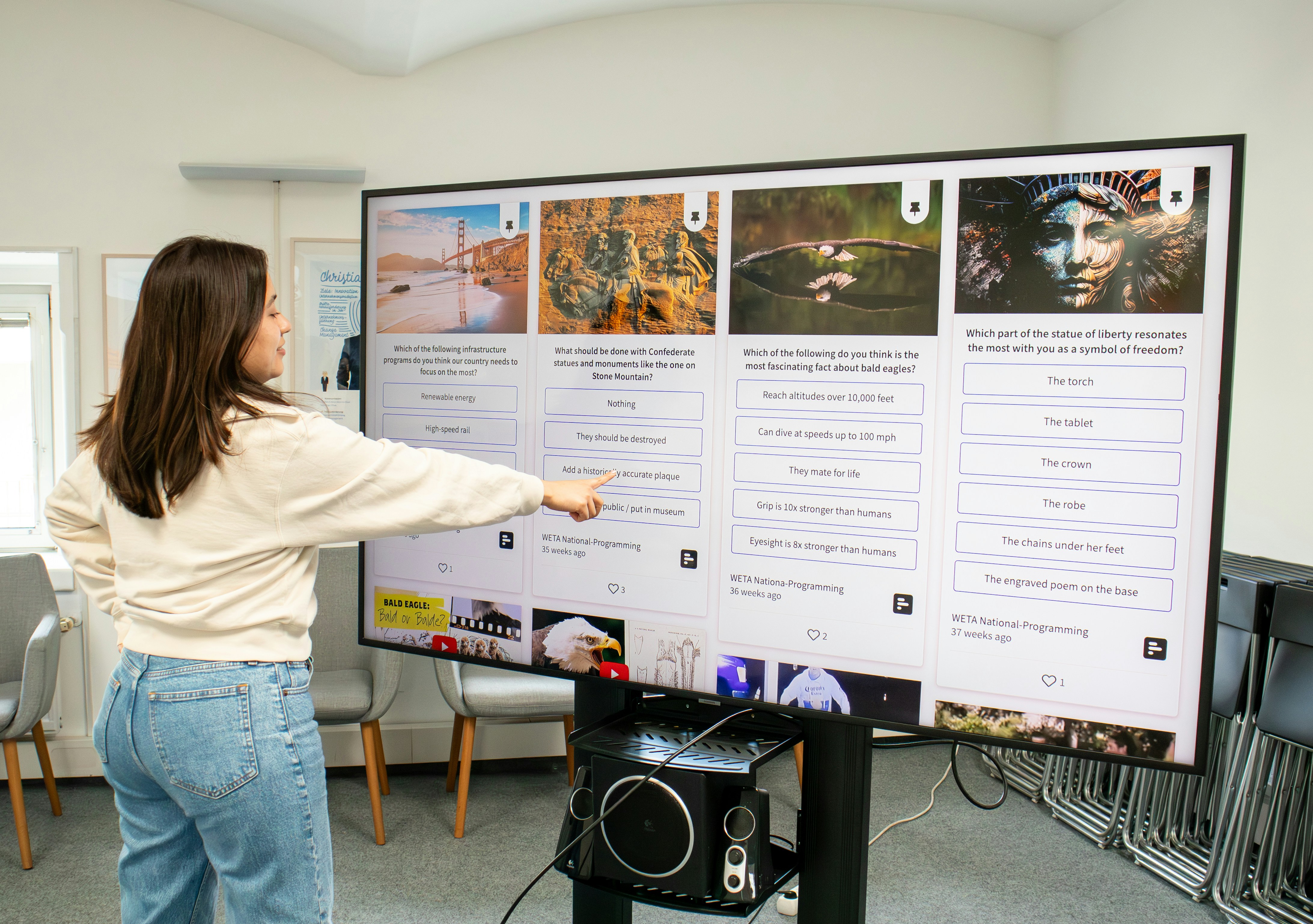The European Commissioner for Research, Science and Innovation, Carlos Moedas, announced measures to be adopted for the Horizon 2020 Work programme 2018-2020, the final work programme of Horizon 2020 for the last three years.
In his announcement during the press conference, he stated the importance of the funding programme and how much has been achieved since 2014 until now as under Horizon 2020 there were 14 thousand projects that have created collaboration between countries that no one in the world is able to do.
We are just beyond half way as four years passed, and there are still three years to go. What happened concretely until now?
- More than 14,000 research and innovation projects received EUR 25 billion.
- EUR 4 billion went to SMEs under Horizon 2020 grants, including under the SME instrument.
- EUR 30 million has been allocated to Horizon Prizes to support innovation for clean air in European cities, including green engine development and CO2 reuse.
- Launch of the first phase of the European Innovation Council (EIC) to support high-risk, high-gain, breakthrough innovation to create the markets of the future financed with EUR 2.7 billion from Horizon 2020.
But how about the upcoming three years? As Commissioner Moedas stated in his speech, for the last three years there are still 30 billion euros to invest. We have 3 years to go and we need to focus, and we have to give direction to the scientists and to the researchers.
Next priorities of the Commission will also focus on cooperation with extra-European areas such as Canada or Africa:
We have decided to have 30 new flagships with total budget of 1 billion euros. We will work with Canada on personalized medicine, we will work with Africa for food, nutrition and renewables. C. Moedas
On the second part of Horizon 2020, the Commission will focus on fewer topics for efficient results as the press release stresses:
- A low-carbon, climate resilient future: €3.3 billion
- Circular Economy: €1 billion
- Digitising and transforming European industry and services: €1.7 billion
- Security Union: €1 billion
- Migration: €200 million
During the Q&A session, different hot topics were addressed. One of them was the situation of the UK researchers and the request for more clarity about the UK applicants’ access to Horizon 2020 after 2019. In this occasion, Commissioner Moedas stressed on the fact that everybody in the science field feels very sad about the Brexit issue:
We should preserve the relationship that have been created through great UK and European universities. I will do everything I can to create a relationship for the future, but there is nothing I can tell about that now because it does not depend on me or on us. We will keep being open to the world and that has always been our motto. But we should all keep fighting on both sides.
When asked about the difference between the European Innovation Agency suggested by Macron and the European Innovation Council, Moedas stated that there is none. Innovation comes from different fields and we need to boost that breakthrough innovation that creates new markets. Highlights should be on the role of Horizon 2020 and this is for the EU to solve as the solution has to be at EU level, showing that he is not in favour of any inter-governmental solution.
All in all, we hope that the upcoming period of Horizon 2020 will be a flourishing one for the research and innovation EU projects and we look forward seeing and actively taking part in the extra-European partnerships.




